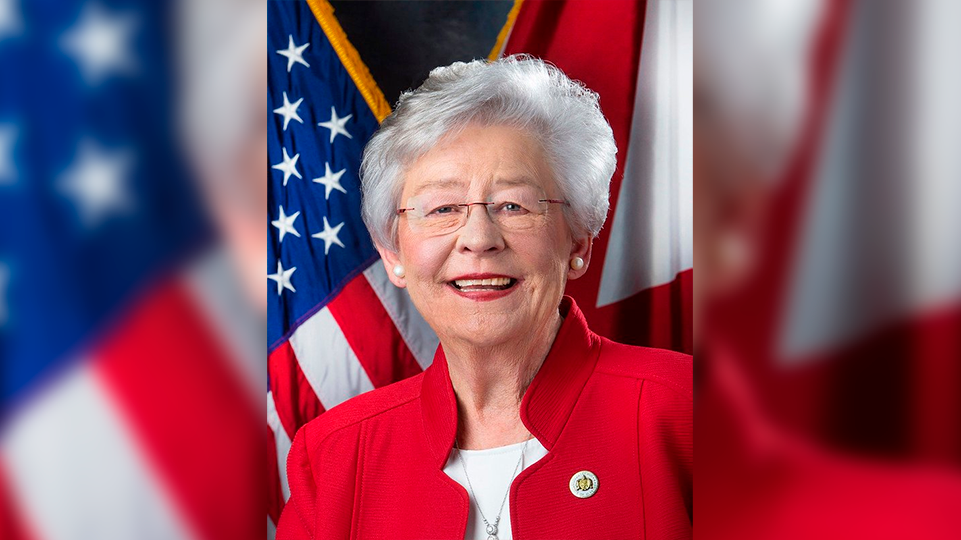County to limit short-term rental permits and available rental days
Published 10:33 am Saturday, April 6, 2024
|
Getting your Trinity Audio player ready...
|
Airbnbs and similar short-term vacation rental properties are being further regulated in Troup County.
The Troup County Board of Commissioners has approved several text amendments to the code of ordinances that will further regulate short-term vacation rentals, including limiting the number of permits approved each year, the number of permits approved per applicant, and the number of days the locations are available for rent.
The changes were recommended by county staff and approved after a series of public hearings on Tuesday.
The first change will simplify what short-term vacation rental permits are called.
“For consistency, we have struck the term “vacation” from short-term vacation rentals in the body of the text. We are just identifying the definition as just short-term rental. It makes it easier for staff to address the applications and identify their uses, “ Troup County Community Development Director Jenny Parmer said.
More substantial changes will regulate the number of permits allowed.
“We are putting a limit to how many applications the county will receive in a year. We are recommending 12 applications. After that, the Community Development Department will start a waitlist,” Parmer said.
Staff also recommend a local preference policy for the waitlist, so that once it has begun, county residents will get precedence. The waitlist will terminate at the end of each calendar year on Jan. 1, so applicants will need to reapply.
Parmer said they will also limit the number of short-term rentals to one per owner. The limit will apply regardless of the type of ownership, whether they are an LLC or sole owner of the property.
The updated ordinance will also put a time limit on the time that it can be short-term rentals can be limited per year depending on the ownership type.
“If they are an owner-occupied short-term rental, they can rent it for 175 [total] days a year. If they are not owner-occupied, like a second home, they can rent it out for 92 [total] days per year,” Parmer said. “That is really to [limit] that commercial intent where it can still match the residential environment of the neighborhood.”
Parmer also requested that any short-term rental properties be in ownership for at least three years before an application for the permit.
Parmer said that they looked at other jurisdictions and took comments from the public before making the recommendations. She said they want to protect the nature of residential neighborhoods while allowing residents to do short-term rentals if they desire to do so.
“If you did have something that was rented out, say hypothetically 365 days, at that point, it’s no longer residential, it is a commercial use. We wanted to reduce that where you still have your residential nature to it,” Parmer said.
Any owners that currently have more than one short-term rental permit or have not owned the property for three years will be grandfathered in, however, the new limit on the maximum number of rental days will apply to all permit holders.
During the public hearings, no one spoke in favor or against the changes.
The commissioners unanimously approved the text amendment recommendations.
The Board of Commissioners also approved two additional unrelated text amendments.
The first will allow for addresses to be assigned to properties without buildings to improve public safety response. The amendment will allow staff the discretion to assign an address outside of the building permit process.
“This would allow persons that own land that does not have a building currently [to have an address]. If they’re using their property or they’re on their hunting land and they get injured, or say there’s a car wreck in an area where there are no assigned addresses, tt allows individuals to provide address and emergency responses to get there swifter,” Parmer said.
The second amendment will rectify a clerical error identified within the zoning ordinance that included a cap on the number of housing units that can be placed within a subdivision on public water.
“Speaking with other departments and developments that have been approved, this has never been exercised in Troup County. We are seeking to strike that cap to the units that can be on public water,” Parmer said.
Both changes were unanimously approved.





